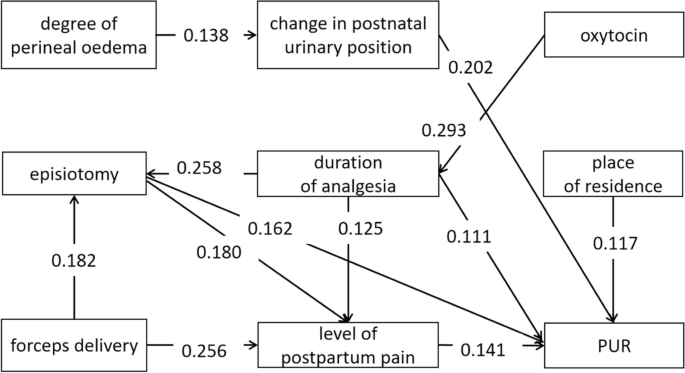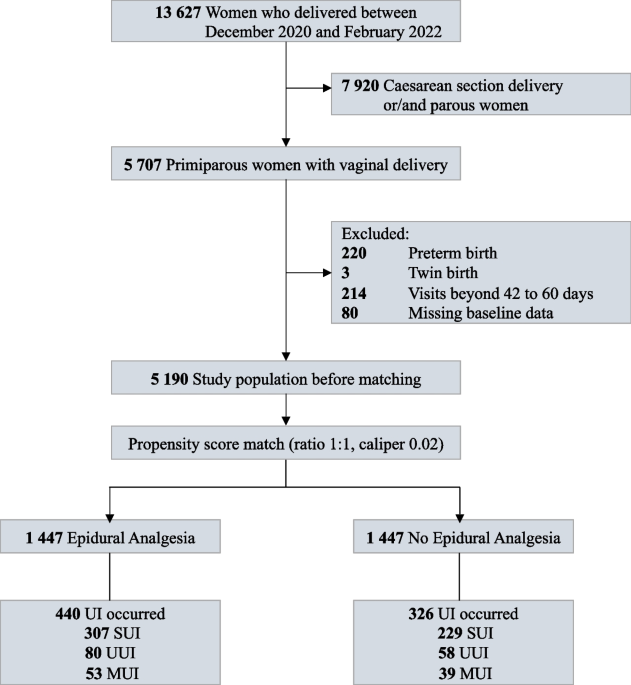
Association of epidural analgesia during labor and early postpartum urinary incontinence among women delivered vaginally: a propensity score matched retrospective cohort study, BMC Pregnancy and Childbirth
Background Although epidural analgesia is considered the gold standard for pain relief during labor and is safe for maternity and fetus, the association between the epidural analgesia and pelvic floor disorders remains unclear. Thus we estimate the association between epidural analgesia and early postpartum urinary incontinence (UI). Methods A propensity score-matched retrospective cohort study was conducted at a university-affiliated hospital in Shanghai, China. Primiparous women with term, singleton, and vaginal delivery between December 2020 and February 2022 were included. UI was self-reported by maternity at 42 to 60 days postpartum and was classified by International Consultation on Incontinence Questionnaire-Urinary Incontinence Short Form (ICIQ-UI SF). Using logistic regression models, the associations between epidural analgesia and early postpartum UI were assessed. Results Among 5190 participants, 3709 (71.5%) choose epidural anesthesia during labor. Analysis of the propensity-matched cohort (including 1447 maternal pairs) showed epidural anesthesia during labor was independently associated with UI in early postpartum period (aOR 1.50, 95% CI 1.24–1.81). This association was mainly contributed to stress UI (aOR 1.38, 95% CI 1.12–1.71) rather than urge UI (aOR 1.45, 95% CI 0.99–2.15) and mixed UI (aOR 1.52, 95% CI 0.95–2.45). Furthermore, we observed that the association between epidural anesthesia and UI was more pronounced among older women (≥ 35 y) and women with macrosomia (infant weight ≥ 4000 g), compared with their counterparts (both P for interaction < 0.01). After further analysis excluding the women with UI during pregnancy, the results remained largely consistent with the main analysis. Conclusions The findings support that epidural anesthesia was associated with SUI in the early postpartum period.

Satisfaction in parturients receiving epidural analgesia after prenatal shared decision-making intervention: a prospective, before-and-after cohort study, BMC Pregnancy and Childbirth
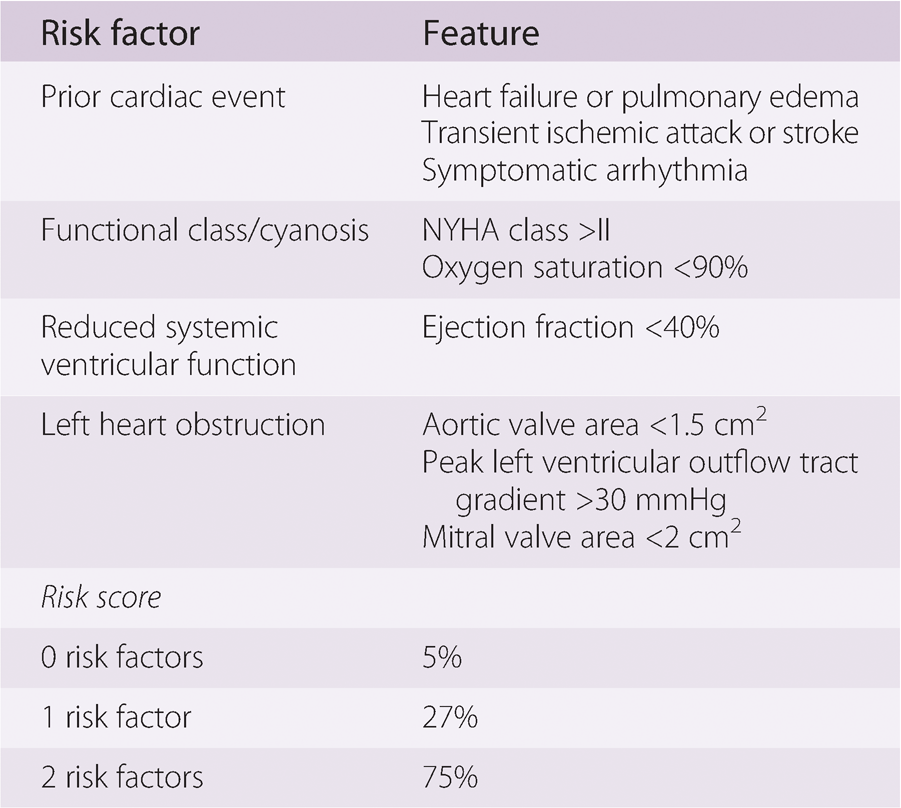
The pregnant patient with coexisting disease (Section 4) - Maternal Critical Care

JCM, Free Full-Text
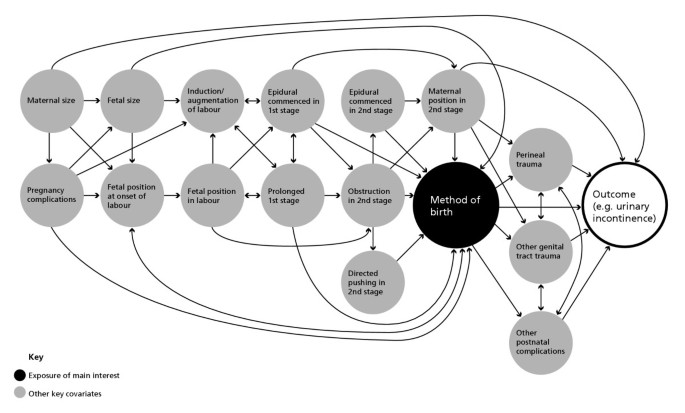
Maternal health study: a prospective cohort study of nulliparous women recruited in early pregnancy, BMC Pregnancy and Childbirth

Association between functional constipation and vaginal wind in women at 6 weeks postpartum

PDF) ACOG/SMFM OBSTETRIC CARE CONSENSUS
Physical and psychological recovery after vaginal childbirth with and without epidural analgesia: A prospective cohort study

Mechanisms of Labor Analgesia

Epidural analgesia and the risk of operative delivery among women at term: A propensity score matched study - ScienceDirect

PDF) Perineal trauma after vaginal delivery in healthy pregnant women
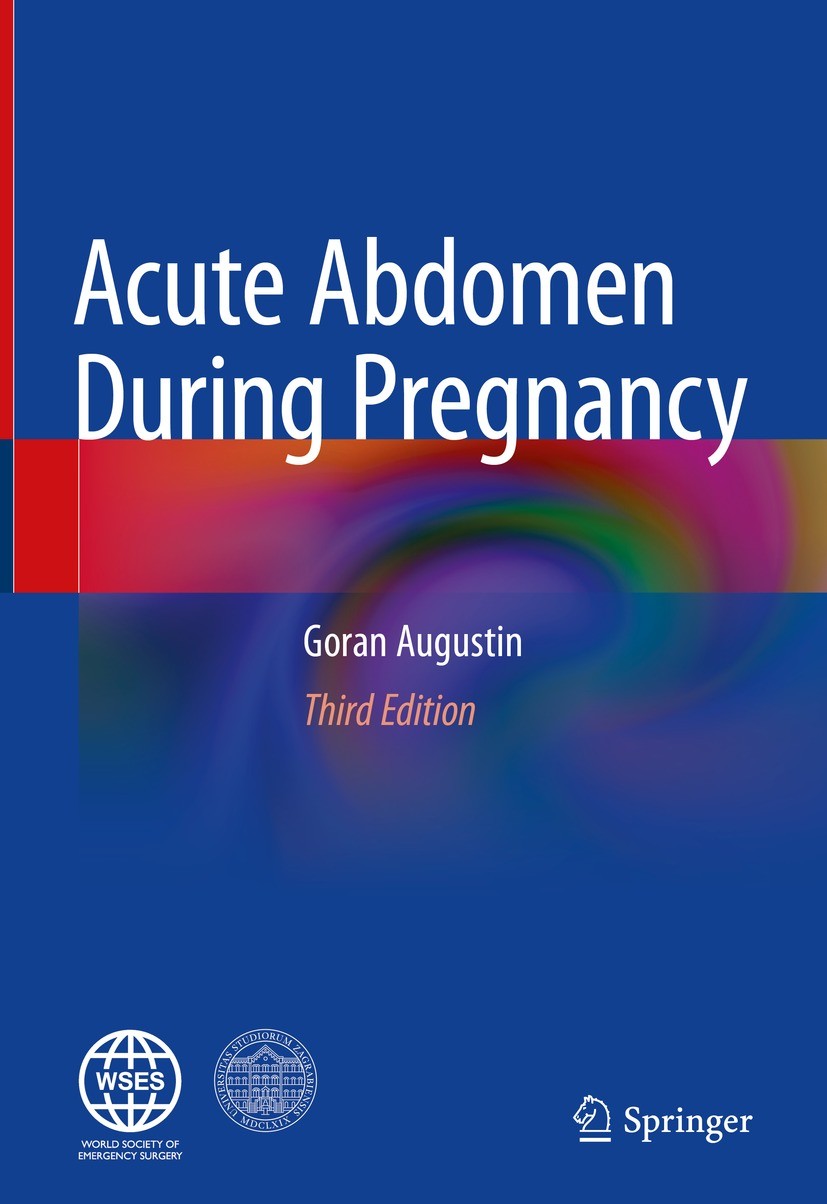
Symptomatic Abdominal Wall Hernia

PDF) Effects of combined spinal epidural labor analgesia on episiotomy: A retrospective cohort study

